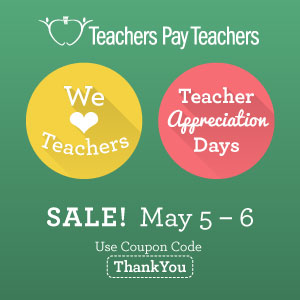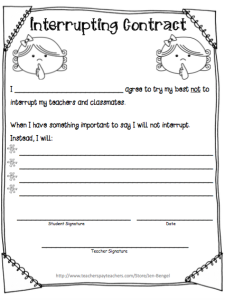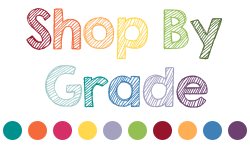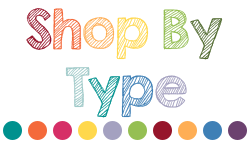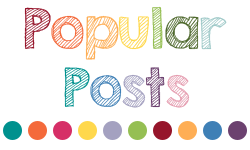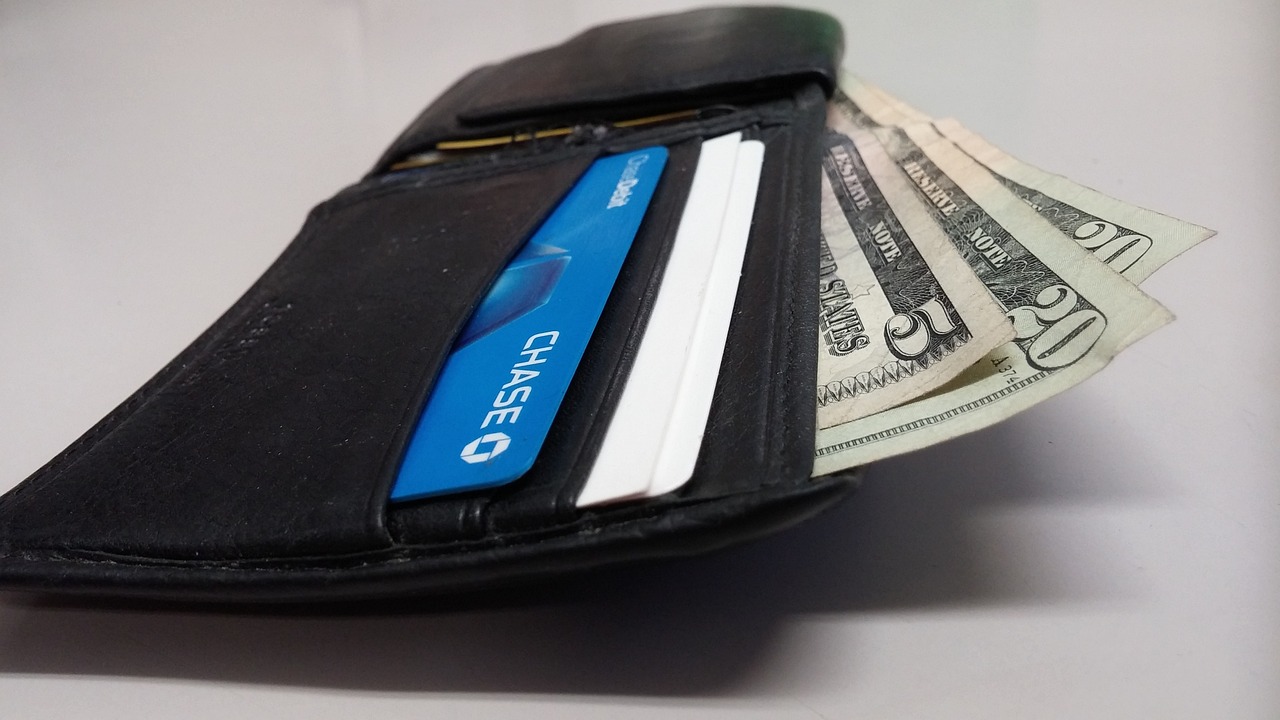

One of the things I love about having a blog is the ability to connect with readers about issues that are important to them. I’ve had the opportunity to get to know teachers, parents, school social workers, and other counselors and I truly feel like I’ve been able to benefit from their stories and expertise. Last week, a reader named Mel Forbes contacted me asking if she could talk about shopping addictions with you all. It’s an issue near and dear to her heart and I learned a lot from the information she shared with me! While it’s not an issue that typically affects school-aged students, I found it very interesting and felt like many of the principles apply to other addictions our students may experience such as eating disorders or addictions to drugs or alcohol.
Have something you want to share? Let me know and I may feature you in a future post!
Is Shopping Addiction a Real Addiction?
When we think about addiction, the typical picture that comes to mind is of someone who abuses alcohol, prescription medications, or illegal drugs. But substance addictions aren’t the only addictions that people can be affected by. Behavioral addictions like compulsive shopping can be just as destructive, but often in entirely different ways.
The Physiological Basis of Shopping Addiction
Many people find it difficult to think of behavior like compulsive shopping as an addiction, and this is typically because of the mistaken belief that in substance addiction, the addict is dependent on the high provided by their drug of choice. This isn’t strictly true. While the high is a factor, it’s much more accurate to say that addiction is more about what the habit does to an addict’s brain chemistry.
Addictive substances are addictive not because of the high they produce, but because they cause the brain to produce large quantities of chemical neurotransmitters like dopamine and endorphins. These neurotransmitters are responsible for pleasurable feelings, meaning that they make us feel good, and it’s the dopamine and other neurotransmitters that an addict is really dependent on.
The same principles are at play when it comes to behavioral addictions like a shopping addiction. A person with a shopping habit becomes addicted to the neurochemical high they get from shopping, because the behavior causes the release of dopamine and other neurotransmitters.
The problem is, when someone is addicted to something, whether it’s a drug or a behavior, the brain’s natural dopamine response becomes dysfunctional. Over time, the addicted person becomes increasingly reliant on their habit in order to feel good, and eventually just to feel normal.
There’s no question that behavioral addictions are real: studies show that these kinds of addictions cause similar changes in brain chemistry as physical substance addictions do, and these behavioral addictions can be just as difficult to recover from as drug and alcohol habits.
How can You Spot a Shopping Addiction?
Behavioral addictions are often much more difficult to detect than substance addictions, and it’s even harder to shop a shopping addiction, simply because shopping is something that many people enjoy doing, and it’s an activity that is encouraged by the barrage of media advertising that we see every day.
But there’s a huge difference between shopping for enjoyment or out of necessity, and shopping as a result of a behavioral addiction. There are several warning signs that might indicate someone has a shopping addiction.
- Spending more than you can afford
- Buying items that you never use
- Shopping when you feel depressed, anxious, or angry
- Lying about going shopping, or about the amount spent on a shopping trip
- Shopping to ease guilt about previous shopping trips
- Damaging relationships as a result of shopping or shopping-related spending
- Losing control of finances due to shopping
Recovering from a Shopping Addiction
One of the problems with behavioral addictions is that in many cases, the addictive behavior is something that most people have to do as part of everyday life. Shopping, for example, is a normal everyday activity that virtually everyone has to do sometimes.
Just as important for the addicted person is the fact that the behavior often becomes a way of coping with or masking other problems they may have in their life. For the shopping addict, therefore, some kind of professional psychological help, such as therapy or an addiction support group, is important to help the person understand why they became addicted, and learn how to find healthier ways of coping with their problems.
References
Alavi, S. S., Ferdosi, M., Jannatifard, F., Eslami, M., Alaghemandan, H., and Setare, M. (2012). “Behavioral Addiction versus Substance Addiction: Correspondence of Psychiatric and Psychological Views.” International Journal of Preventive Medicine, 3(4), 290–294. Accessed May 7, 2015.
Barbra Jaurequi. “Behavioral Addiction Self-Assessment.” Accessed May 7, 2015.
Barna Konkolÿ Thege, Erica M Woodin, David C Hodgins, and Robert J Williams (2015). “Natural course of behavioral addictions: a 5-year longitudinal study.” Accessed May 7, 2015.
Jon E. Grant, Marc N. Potenza, Aviv Weinstein, and David A. Gorelick. (2010). “Introduction to Behavioral Addictions.” In American Journal of Drug and Alcohol Abuse. Accessed May 7, 2015.
National Institute on Drug Abuse. “Understanding Drug Abuse and Addiction.” Accessed May 7, 2015.
Psychguides. “Shopping Addiction Symptoms, Causes, and Effects.” Accessed May 7, 2015.
Steve Sussman. (2012). “Substance and Behavioral Addictions: Co-Occurrence and Specificity.” In International Journal of Environmental Research and Public Health. Accessed May 7, 2015.


